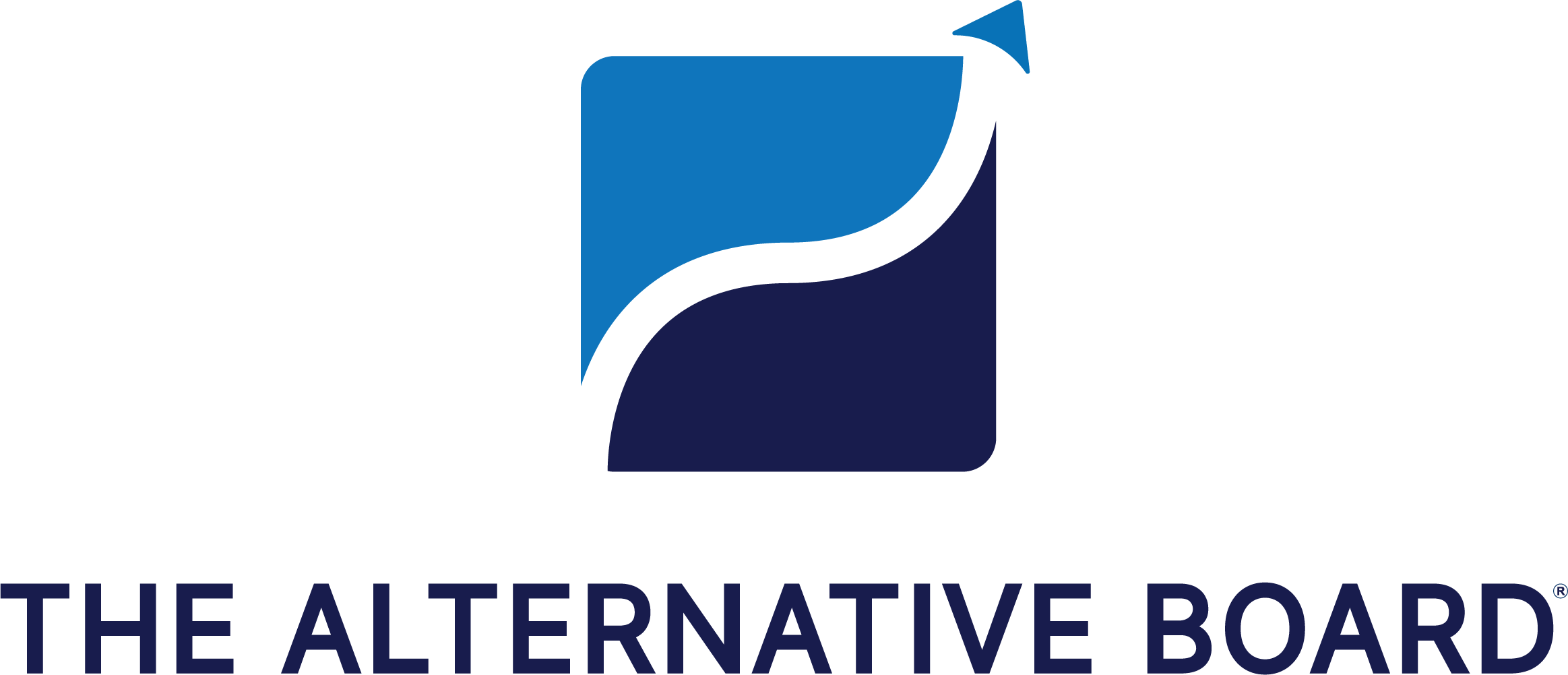The concept of ethical behaviour is one that resonates with most individuals. CEOs and business owners often advocate for a set of ethical principles to guide their organisations, aiming to provide employees with a moral compass for interactions with both colleagues and customers.
The advantages of a company-wide adoption of ethical values are evident, including:
- Increased productivity
- Enhanced employee retention
- A positive reputation in the marketplace
However, some businesses encounter ethical challenges and seek to cultivate a culture that brings out the best in everyone. Here are some tips to foster an ethical workplace:
Consistent Application of Rules:
Ethical lapses can occur when certain employees receive preferential treatment from business owners or CEOs. In an ethical workplace, it is imperative that all individuals abide by the same code of conduct, regardless of their position. Consistency in enforcing consequences for infractions ensures fairness throughout the organisation.
Encourage Learning from Mistakes:
An overly punitive environment can stifle innovation and risk-taking. In an ethical workplace, mistakes are viewed as learning opportunities within a safe environment. Employees are encouraged to take risks, seek help, and reflect on their experiences, fostering personal and professional growth.
Support Anonymous Reporting:
Implementing a system for anonymous reporting of unethical behaviour allows employees to raise concerns without fear of reprisal. This not only prevents minor issues from escalating but also builds trust between employees and leadership.
Provide Ethics Training:
Integrating ethics training into the onboarding process for new hires and offering ongoing education on ethical decision-making ensures that ethical behaviour is ingrained in the corporate culture. Both new and seasoned employees benefit from learning how to navigate challenging ethical situations.
Recognise and Reward Ethical Conduct:
Just as achievements and initiative are celebrated, ethical behaviour should also be acknowledged and rewarded. Recognising employees who demonstrate integrity reinforces the importance of ethical conduct within the organisation.
Lead by Example:
The actions of leaders set the tone for ethical behaviour within an organisation. CEOs and business owners must consistently demonstrate transparency and integrity in their actions, serving as role models for employees.
Conclusion
Ethics play a crucial role in business success, especially in today’s climate. A reputation for integrity gives businesses a competitive edge and fosters trust among customers and employees alike. By prioritising ethics and cultivating an ethical workplace culture, businesses can thrive and uphold their values in all aspects of their operations.


